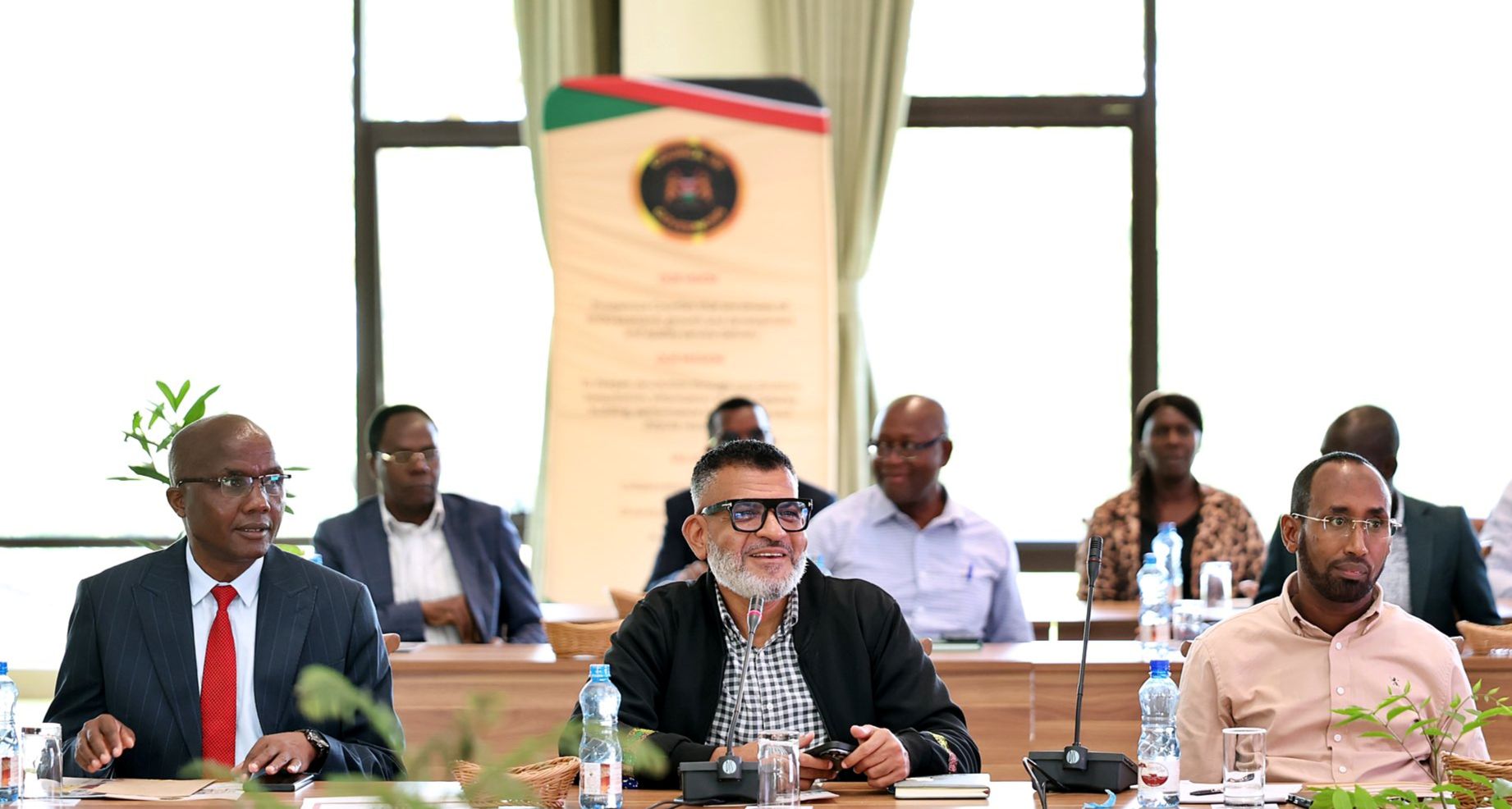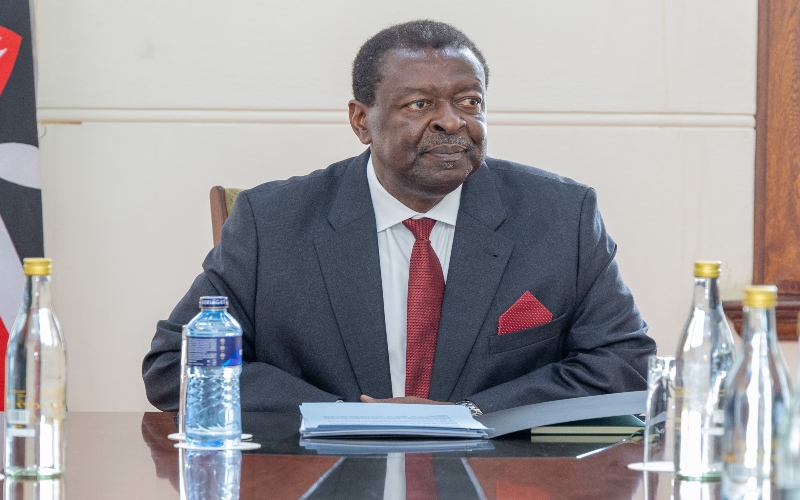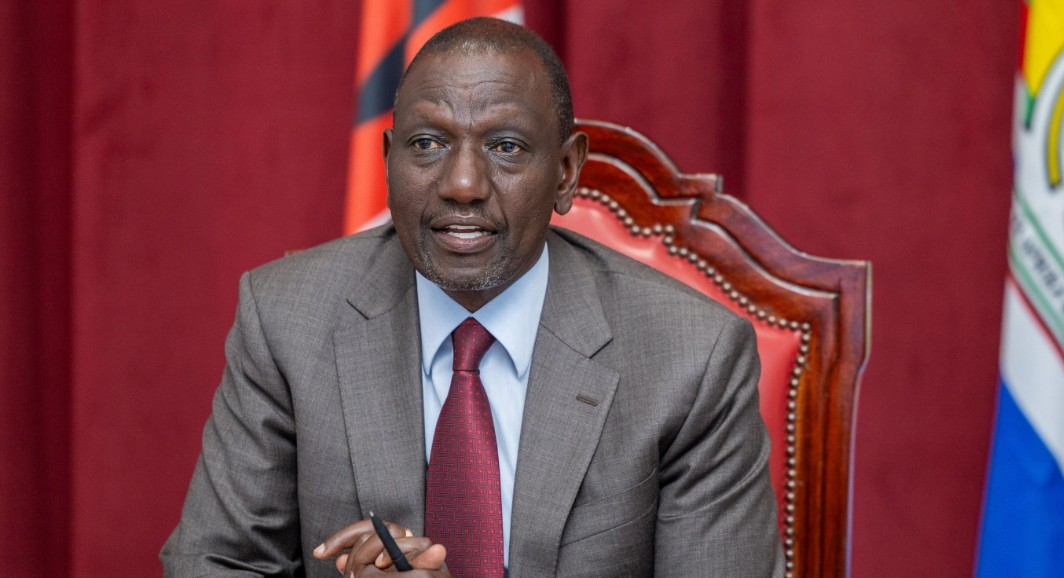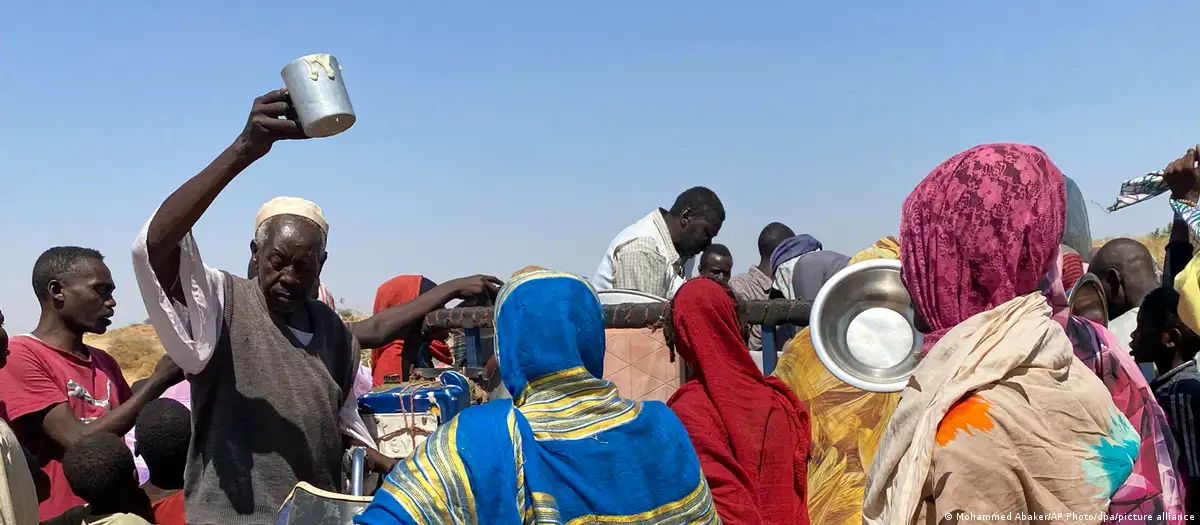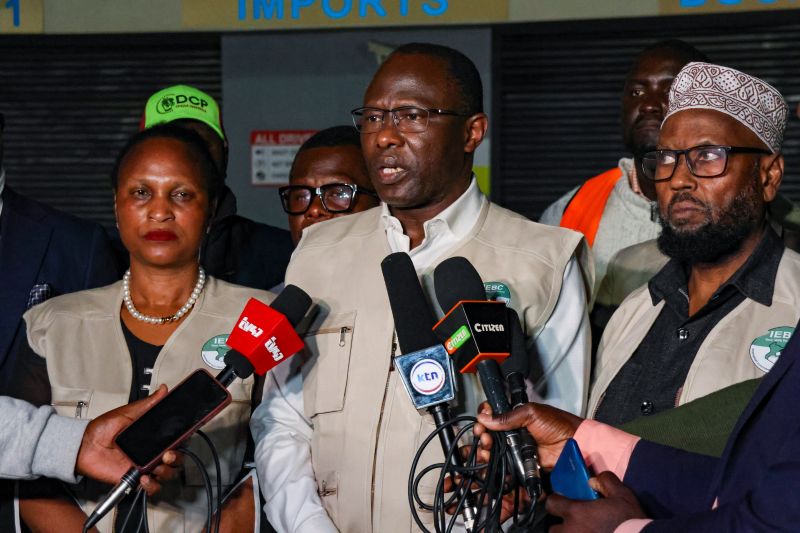Farmers accuse KTDA of favouring Eastern regions in bonuses
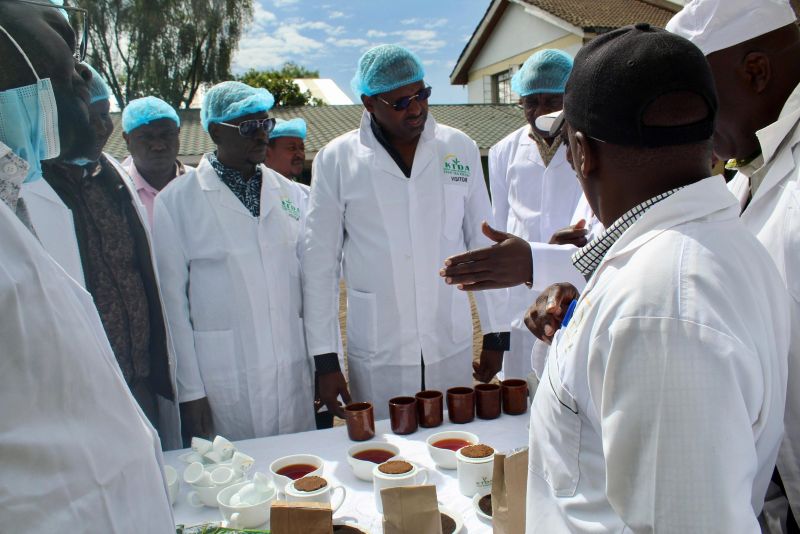
Farmers explained that most KTDA board members come from the eastern tea-growing regions, and they believe this has a direct impact on decision-making that favours those areas.
Tea farmers from the western side of the Rift Valley are raising concerns over what they call biased representation in the Kenya Tea Development Agency (KTDA) Board, linking it to persistent differences in bonuses between regions.
The farmers spoke during a visit by the National Assembly Committee on Agriculture and Livestock on Wednesday, which is investigating the factors influencing tea prices in Kenya.
More To Read
- Senate Bill proposes five-year jail term, Sh2 million fine for livestock thieves
- National Assembly probes tea bonus disparities after farmer complaints
- AFA to digitise all fibre import permits by January 2026
- Rwanda lifts eight-year ban on South African agricultural products
- Kenya Met forecasts intermittent showers, cold nights over next five days
- Africa’s food security challenge: G20 calls for boost in trade and sustainable farming solutions
The two-day field tour, led by Committee Chairperson John Mutunga, saw legislators visit tea factories across Kericho and Nyamira counties to gather insights on payment structures, bonus allocations, and costs incurred before bonuses are paid to farmers.
Farmers explained that most KTDA board members come from the eastern tea-growing regions, and they believe this has a direct impact on decision-making that favours those areas.
“We need fair representation on the KTDA Board. Actually, the Chairman position should alternate between the two regions. As it is now, we adhere to plucking two leaves and a bud, but at the auction, we have no one to speak for us since even the brokers are leaning towards the East side,” said James Koech from Tegat.
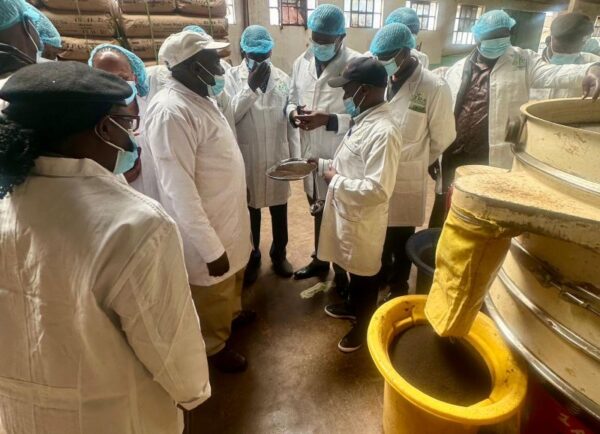 National Assembly Committee on Agriculture and Livestock, led by Chairperson John Mutunga, when they visited tea factories across Kericho and Nyamira counties. (National Assembly)
National Assembly Committee on Agriculture and Livestock, led by Chairperson John Mutunga, when they visited tea factories across Kericho and Nyamira counties. (National Assembly)
The farmers also criticised the current classification of factories at the Mombasa Tea Auction, which ranks factories as class A, B, or C, arguing that this system prejudges the prices their tea receives.
“The market dynamics should be addressed, and at the tea auction, tea should be tested without any favouritism. The major problem is that the opinion that nothing good comes from the West and they have all been classified as class C,” a farmer at Sanganyi factory said.
During the visits, the committee reviewed the process of making payments to farmers, including monthly earnings, bonus calculations, and expenses deducted before bonuses are issued.
The legislators sought to understand the process for determining and distributing bonuses, as well as how management fees are utilised.
“Through this inquiry, we want to establish how the management fee, as apportioned through the law, is used to meet the envisaged costs, whether factories are allowed to go outside the set management fees and to what extent and also the extent of cost transfer to the farmer,” Mutunga told factory management during the meetings.
With the factory visits concluded, the committee is preparing to summon key stakeholders, including the Ministry of Agriculture and Livestock Development, Tea Board of Kenya, KALR and KTDA, to provide further details on what influences tea pricing in the country.
The investigation aims to uncover how structural decisions, cost allocations, and governance affect farmers’ incomes across different regions.
Top Stories Today


